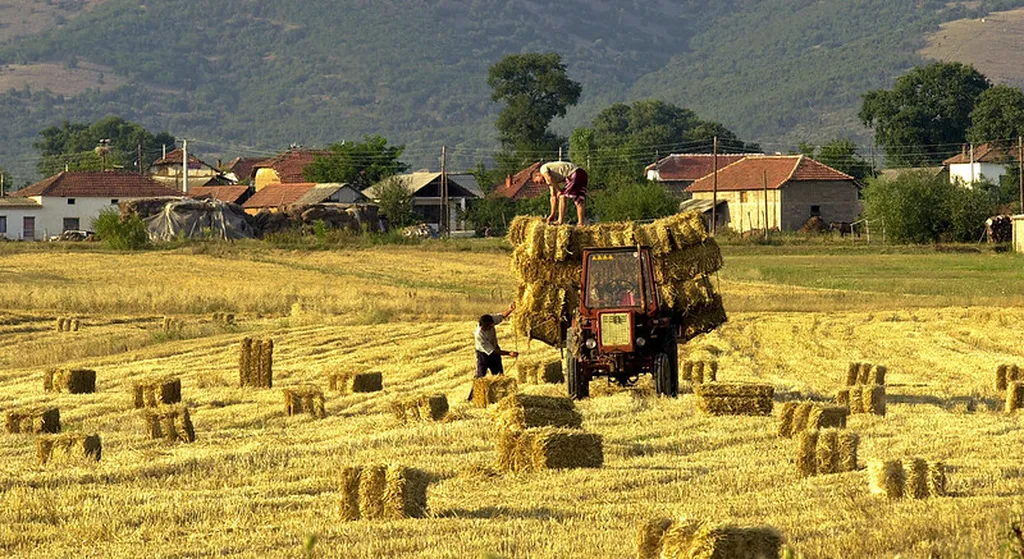In the heart of Europe, a quiet revolution is taking root, one that promises to reshape the way we think about agriculture, sustainability, and even our own food security. At the forefront of this movement is Olivera Bicikliski, whose recent research published in the *Journal of Agriculture and Plant Sciences* (translating to *Journal of Agriculture and Plant Sciences*) sheds light on the current state of organic agricultural production in the Republic of Macedonia and across Europe.
Bicikliski’s work underscores a critical shift in agricultural practices, one that moves away from the unsustainable intensification of modern farming and towards a more harmonious coexistence with nature. “Intensive agriculture is unsustainable,” Bicikliski asserts. “It cannot support long-term food production because it compromises the very foundations of food production.” This stark warning serves as a rallying cry for a re-evaluation of our current agricultural systems.
The research highlights the alarming trend of favoring high-yielding varieties that require substantial inputs, posing a direct threat to genetic diversity. Indigenous genotypes, rich in desirable characteristics, are at risk of being lost forever as commercial varieties dominate the landscape. Bicikliski’s findings suggest that organic farming could be the key to preserving these genetic treasures. “The positive role of organic farming is foreseen in growing crops in their natural environment,” she explains. “This contributes to the conservation of existing genetic diversity.”
The implications of this research extend far beyond the fields of Macedonia. As the European Union increasingly prioritizes environmental conservation and protection in its rural development policies, Bicikliski’s work provides a roadmap for implementing instruments that foster sustainable agriculture. This approach is not just about protecting the environment; it’s about creating a more resilient and diverse agricultural system that can withstand the challenges of a changing climate and growing population.
For the energy sector, the shift towards organic farming could open up new avenues for collaboration. As agriculture becomes more sustainable, the demand for renewable energy sources, such as biogas from organic waste, could increase. This presents an opportunity for the energy sector to innovate and invest in technologies that support this transition.
Bicikliski’s research is a call to action, a reminder that the future of agriculture lies in our ability to balance productivity with sustainability. As we stand on the brink of a new agricultural era, her work serves as a guiding light, illuminating the path towards a more sustainable and resilient future. The question now is, will we follow it?

